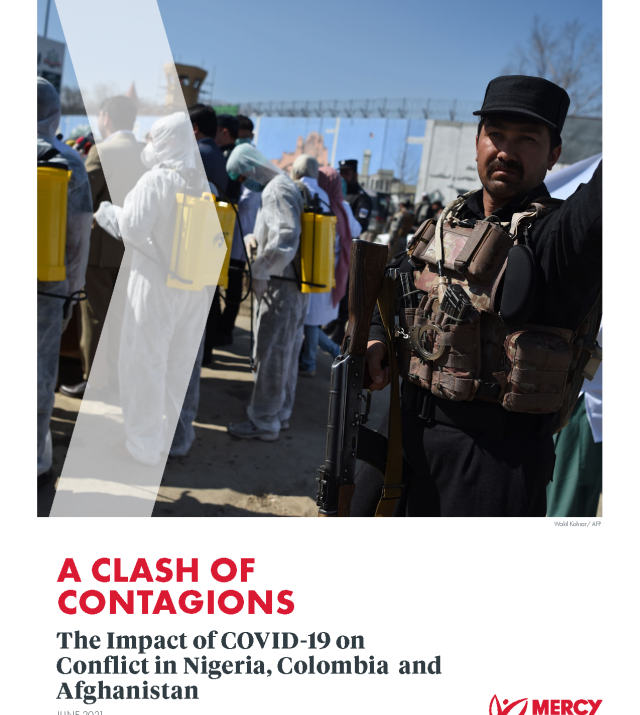
Beyond Meeting Immediate Needs: The Impact of Electronic Cash Transfer Approaches on Disaster Recovery and Financial Inclusion

Unconditional cash transfers (UCTs) are becoming a more common method to address the immediate needs of populations affected by acute and chronic crisis. With numerous tropical storms each year, the Philippines are consistently vulnerable to interruptions in economic growth and damage to productive assets and infrastructure. Efforts to address immediate disaster concerns and facilitate reconstruction and recovery are of pronounced importance given the large cumulative economic and social toll. Practitioners and policy makers in the Philippines and other disaster prone countries are searching for program models that can promote recovery while strengthening the longer-term resilience of communities at risk of disasters.
In January 2014, Mercy Corps launched the TabangKO (‘my help’) program to deliver emergency cash assistance to households affected by Typhoon Haiyan on November 2013 through a mobile banking platform. These cash transfers were intended to help meet the immediate needs of the beneficiaries and assist households in reestablishing their sources of livelihood. Additionally, the mobile delivery method aimed to familiarize beneficiaries with using a secure and formal means to store and access funds. By adding financial literacy training and savings-encouraging voice messages, the program also aimed to stimulate the use of formal and informal financial products, such as savings accounts. These forms of financial inclusion have been linked to better recovery outcomes among households affected by Typhoon Haiyan.
The significance of the TabangKO program comes from its innovative approach, which simultaneously aims to aid recovery, build resilience, and promote financial inclusion in a post-disaster setting. Given the sense of urgency and often-complicated logistics, UCT programs in this context are rarely evaluated, let alone include components that establish formal savings accounts. Mercy Corps has created a unique opportunity to compare the effectiveness of different forms of the same cash transfer program. In doing so, this evaluation begins to explore how medium to longer-term economic outcomes could be improved through an emergency response intervention.
